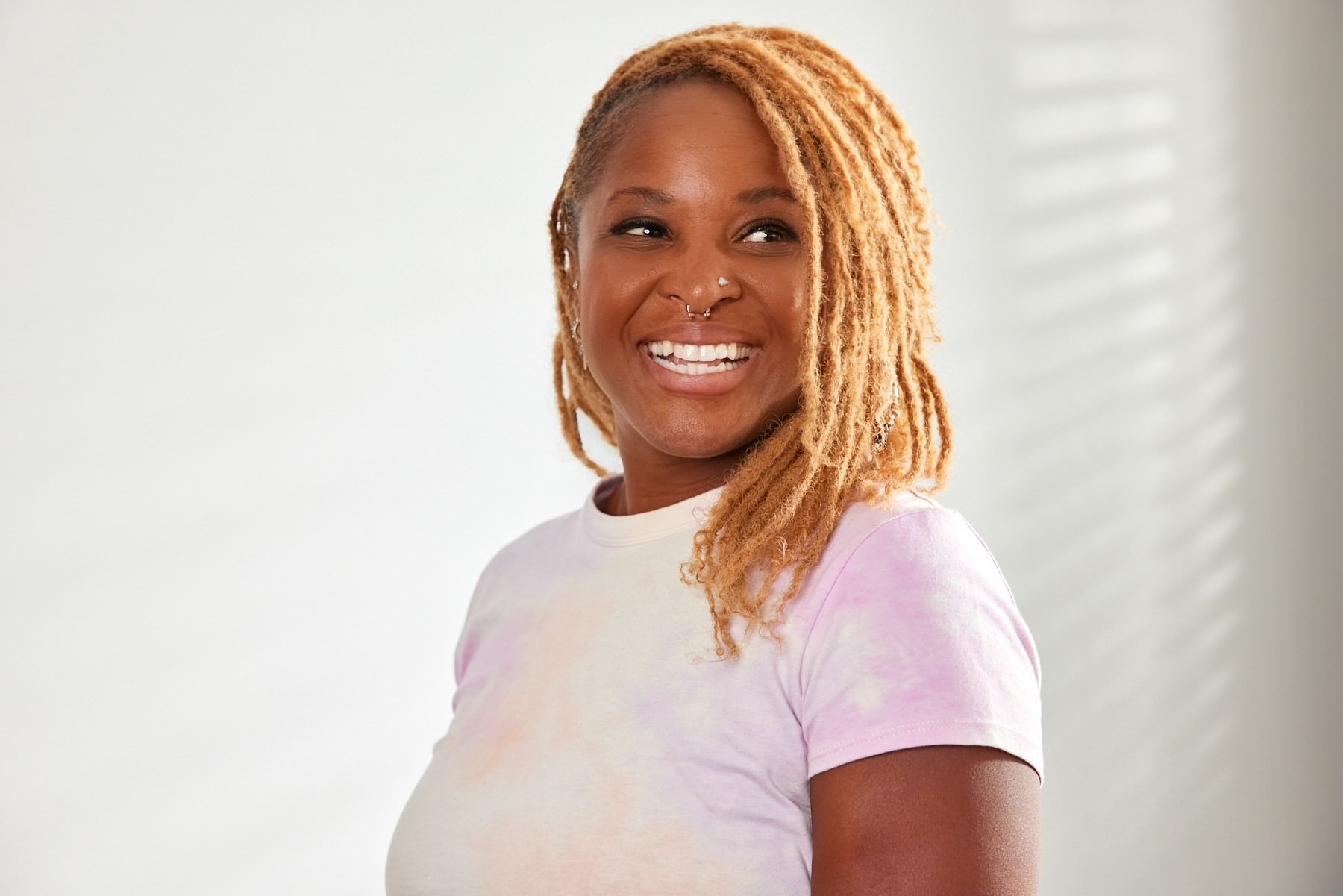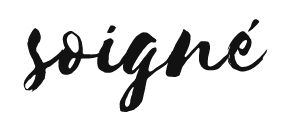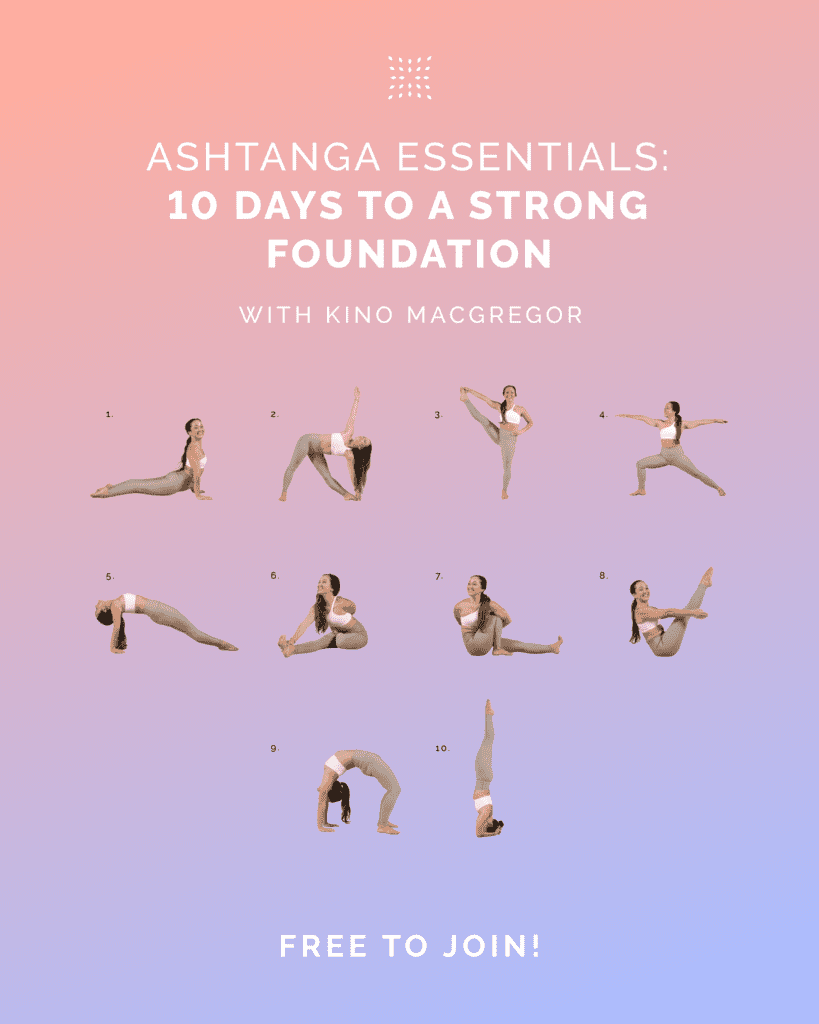“Broadly, code-switching involves adjusting one’s style of speech, appearance, behavior, and expression in ways that will optimize the comfort of others in exchange for fair treatment, quality service, and employment opportunities.” Harvard Business Review
Before I start, I must state that being Black is not a monolith. While code switching is common in the Black community, there are people for whom this does not apply.
My first memory of code switching is when I was 4 years old. My mother was going to pick up a check from a local business. Before we went inside, my mother taught me how to behave around White people. I was to smile, be polite and not speak unless spoken to. When we went inside, I hardly recognized my mother. She looked the same of course but her mannerisms, tone of voice, pitch, and use of language were totally different. Her voice was a few octaves higher. She was smiling…a lot…more than normal. She constantly said “Yes ma’am and no ma’am.” She somehow shrunk her almost 6-foot frame to fit her diminutive mannerisms. She laughed a lot…but not in a joyful way. The way she used words was different. The musicality of the African diaspora was missing. It was a strange scene to behold.
I was too young to understand exactly what was happening at the time but going to elementary school taught me what it was all about. From K-12, I only had two Black teachers. I quickly learned that when I acted like, well myself, I was treated differently than when I code switched or took on mannerisms that made White people feel comfortable. When I smiled a lot, made my voice higher, switched out of the vernacular used by my Black family and friends, and dressed more like the White students, White teachers lit up. They treated me better. I was seen as smart. I was recommended for “advanced” programs.
Code switching is a trauma response called fawning. Fawning is when we put aside our own feelings, emotions, wants, and needs to make someone else comfortable because we feel our safety depends on it. Safety is not just a fear of harm to the body. Being safe means that we have the power to control our lives. In the United States, colonization, slavery, Jim Crow, redlining, and many other events, resulted in White people holding power and having access to resources that Black people need to feel safe. This 400-year head start , not only gave White people the seat of power, it also gave them the ability to center American culture around themselves.
White culture is centered as normal culture. For instance, when White people say that someone is “tall, dark and handsome”, it is immediately understood that they are not referring to skin but hair and eye color. Think about the books you have read. If there is no mention of skin color, the default is White. Nude, by default, is a tan color. Movies & shows with primarily White actors are well…just movies/shows. If there is a predominantly Black cast, it is marketed as a Black movie and primarily to Black People. If a book has primarily Black characters, it is African American fiction/nonfiction, etc. Books with mainly White characters are well…books. History, that centers White people, is well…history. When it centers Black people, it is African American or Black history.
White people also have the seat of power. Just do an internet search for companies, lawmakers, leaders, communities, elected officials, etc that are major movers and shakers in the world and you will most likely see White cisgendered males. It is not for a lack of available Black people. The most educated group in the United States is Black women. If you need another number to prove how much power and access White people have in America, the median wealth held by White families is $171,000. The median wealth held by Black families is $17,000. Let that sink in.
Code switching, technically is not just a Black thing. It happens whenever someone, who does not have power, needs to make those with power feel comfortable in exchange for opportunities, fair treatment, and safety. I am going to present another code switching situation that may help you understand what happens when some Black people code switch.
A situation, in which many people code switch, is in corporate jobs. Let’s juxtapose this against code switching in the Black community.
Code Switching Behaviors
Changing vernacular and other components of speech: Many memes and movies have been made about “corporate speak” or the language that people use in corporate meetings, presentations, and dealing with customers that they would never use in their normal life. For example, “Let’s take this offline and circle back so we can pivot and possibly move assets to increase our bandwidth and be more agile in the fiscal year 2022.” Softening language is also very common in corporate America.
“If it would be okay with you”
“If you would like”
“Maybe consider”
“Have you thought about”
Question marks and exclamation marks in emails are also quite common. Making the voice deeper, louder or higher, depending on the situation, is also normal.
These same behaviors happen when Black people code switch around White people. Many Black people have a certain cadence to our walk and words, use slang, and have cultural practices that are unique to our communities. These are often seen as “ghetto”, “uneducated”, “uncultured” or unprofessional. Our cultural mannerisms, when paired with a hoodie after dark, can and has gotten us killed by White people who were uncomfortable with it.
Not Being Open or Honest About Feelings: In corporate America, you are suspected to be in a good mood and ready to work. Your personal life is supposed to have no effect on what happens at work. If you are tired, depressed, anxious or anything that can be viewed as detrimental to your job performance, you have to keep it to yourself. There is an exception to this rule…lunch or after-work events. At happy hour, you are expected to be open but not too open. If you don’t commiserate or share in just the right amount, people start to think that something is wrong with you, you are not to be trusted, or not really part of the team. You are hiding something. And heaven forbid you don’t really like these events and don’t come at all. People really start to get uncomfortable.
For Black people who code switch, this means that talking about our feelings about the latest killing of an unarmed Black man by White police or Critical Race Theory being taught in schools is way too much. Instead, we essentially share extremely surface-level parts of our lives and take out any cultural nuance that we would have to explain too much. In the world of code switching, comfortable White people means safety, opportunities, and open doors.
Changing the way you dress, do your hair, wear your makeup or express yourself through appearance: In corporate America, there is an accepted way to dress that often has nothing to do with the job being performed. Construction workers need hard hats to be safe. You do not need to wear a suit to answer a phone or make a spreadsheet. While some people feel like a suit makes them feel more confident, I am sure you can find just as many people who just feel itchy. It is a cultural thing. A long time ago someone decided it was the standard for business culture and we all have to suffer for it. Other standards of corporate dress are neutral makeup, hair in natural colors, and no piercings. For Black people, it goes even further. Often our hair, which for many of us, grows out of our head in an afro, is not seen as professional. It has to be straightened, curled, and made to look more White.
What happens at most corporate jobs when you don’t fit in with the culture and you violate the rules above? You risk losing your job and not having the money that you need for you and your family to have a safe place to live, food to eat, heat and water, and a place in society. You may gain a reputation of being uncooperative, not a team player, militant, disruptive, a trouble maker, hard to work with, and unprofessional. This reputation may follow you and result in a loss of opportunities, closed doors, and burned bridges.
Before we leave this corporate analogy, being someone else 40+ hours a week is exhausting. When I worked in corporate America, I never had a problem with my job duties. It was always the drama surrounding the culture that burned me out. Whenever I had to go to work, I always felt like I could do the same job at home in my pajamas in half the time. However, I had to go into work where everything was complicated by culture, procedures, and people that ultimately slowed me down. How about you? We will come back to this in a moment.
Omstars is a yoga platform so you may be asking, what does code switching have to do with yoga? Most yoga classes in the United States are predominantly White. It means that White people still hold the power in these spaces and that the culture still centers on norms associated with being White. It means that after spending the whole day being someone else to be safe, which is exhausting, many Black people have to walk into yoga spaces and code switch yet again. Yoga is about connecting with our true selves. How can someone do that if they cannot let their guard down and be themselves?
You might be saying, “Yes, my studio is predominantly White but we are very welcoming.” That may be true but trauma responses become automatic. After trauma, a part of the brain is stuck and will immediately go into fawn mode in any situation that resembles the past trauma. Bessel Van Der Kolk, world-renowned trauma researcher and author of The Body Keeps the Score, says, “Niceness does not rewire neural pathways.”
This is why some people teach BIPOC only classes. It is not because they want to bring back segregation or be divisive. It is to give Black Indigenous People of Color, who don’t feel safe in predominantly White yoga spaces, the ability to access the full power of yoga that goes beyond asana. In these environments, traumatized BIPOC folk can let go, be themselves, feel safe and access the connection with the Self that yoga provides. Once this connection is firmly established, new neural pathways are created. In yoga, we call this, creating positive samskaras. It will take a long time to close the gap of power and wealth that exists between White and Black people. It is my hope that one day, the power differential will change and everyone will feel safe and we can break the code. That day is not today. Ahmaud Arbery was recently murdered by White men for exercising. Tamir Rice was playing. Elijah McClain was killed for “looking suspicious. I could write a whole other blog post on the unarmed Black people who have been murdered because armed White people felt uncomfortable or scared. No, that day is not today.
Please consider donating to my non-profit, YFR Foundation. YFR provides yoga resources, teaching, training, and immersions for those recovering from trauma and addiction. We help provide safe environments for BIPOC folks to learn about and do yoga and training for BIPOC folks who want to bring yoga to their communities. The fundraiser ends December 24 2021 but you can also donate at YFRFoundation.org.
Click here to donate.

Shanna Small is a writer and Yoga teacher who speaks to the intersectionality of Yoga and social justice. She has practiced Ashtanga Yoga and studied the Yoga Sutras since 2001. She has studied in Ashtanga in Mysore with Sharath Jois. Shanna studied Sanskrit, the Yoga Sutras and the Hatha Yoga Pradipika with Laksmish in Mysore, India. Shanna’s finds joy in making the Ashtanga practice accessible for all. She studied with Amber Karnes and Dianne Bondy and is Yoga For All certified. She is a regular contributor for Yoga International, OmStars and the Ashtanga Dispatch. She teaches diversity and inclusivity, Yoga Sutras as well as accessibility trainings and workshops. She is a founding member of Yoga For Recovery Foundation, a non-profit that helps those recovering from addiction, trauma and systemic oppression. Shanna is also certified in the Trauma Conscious Yoga Method.
Shanna is a graduate of Georgia State University and holds a bachelor’s in business with a concentration in marketing. Before becoming a full time yoga teacher, Shanna was a recruiter and ad account executive.
For information on workshops, please e-mail shanna@shannasmallyoga.com.
Photo by Andrea Piacquadio from Pexels










